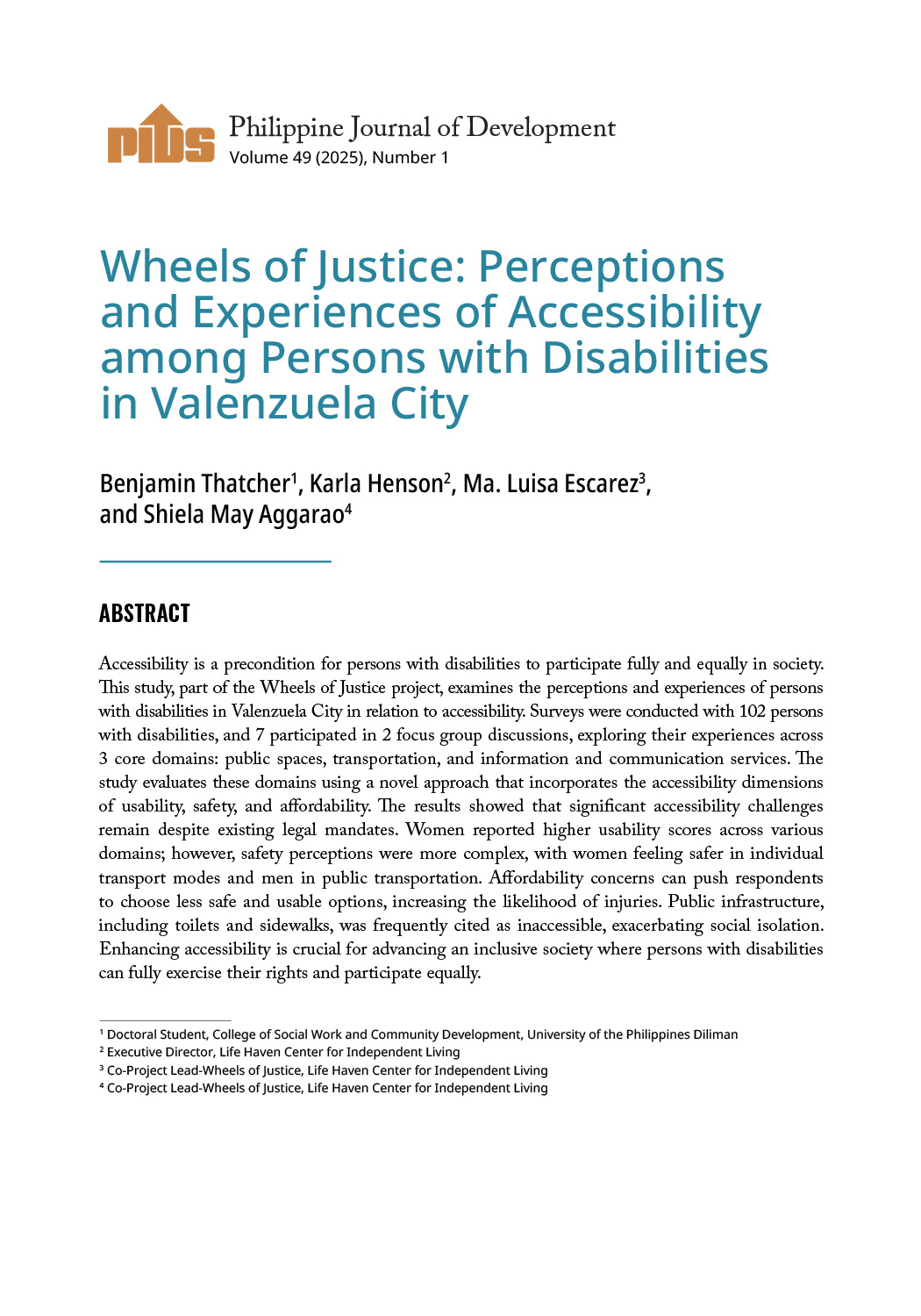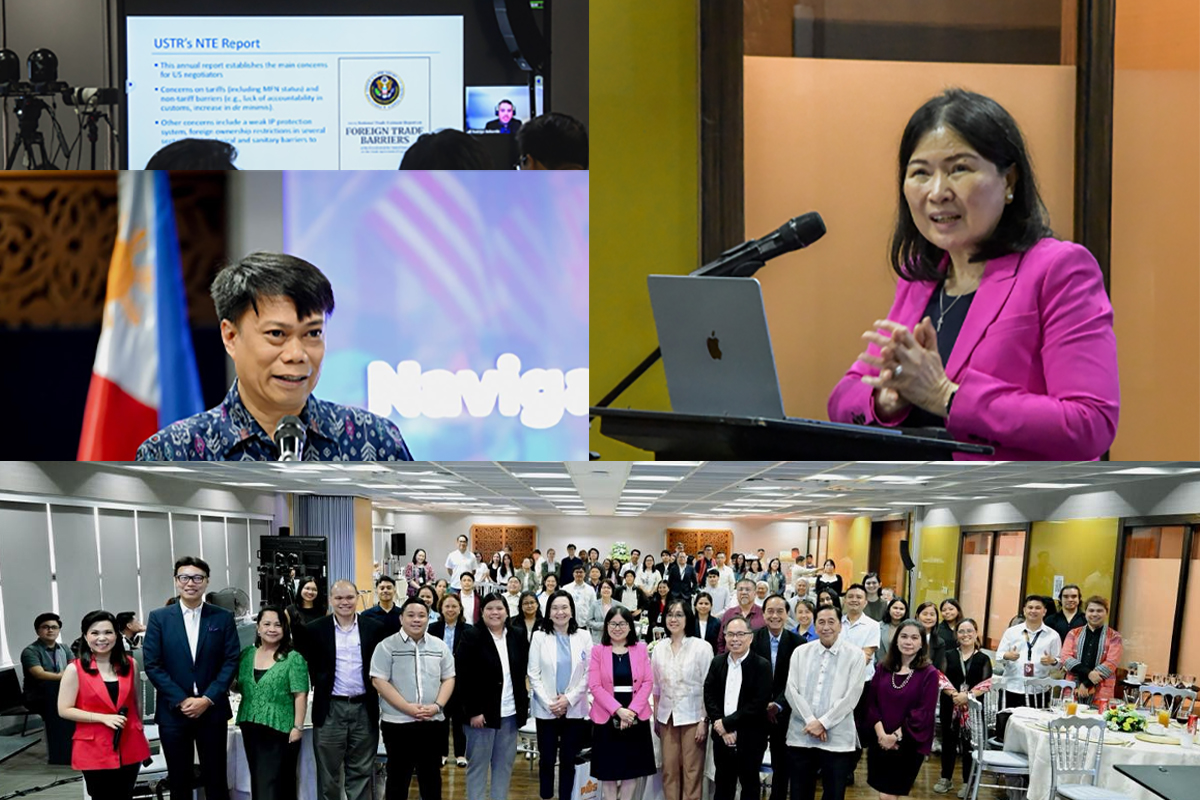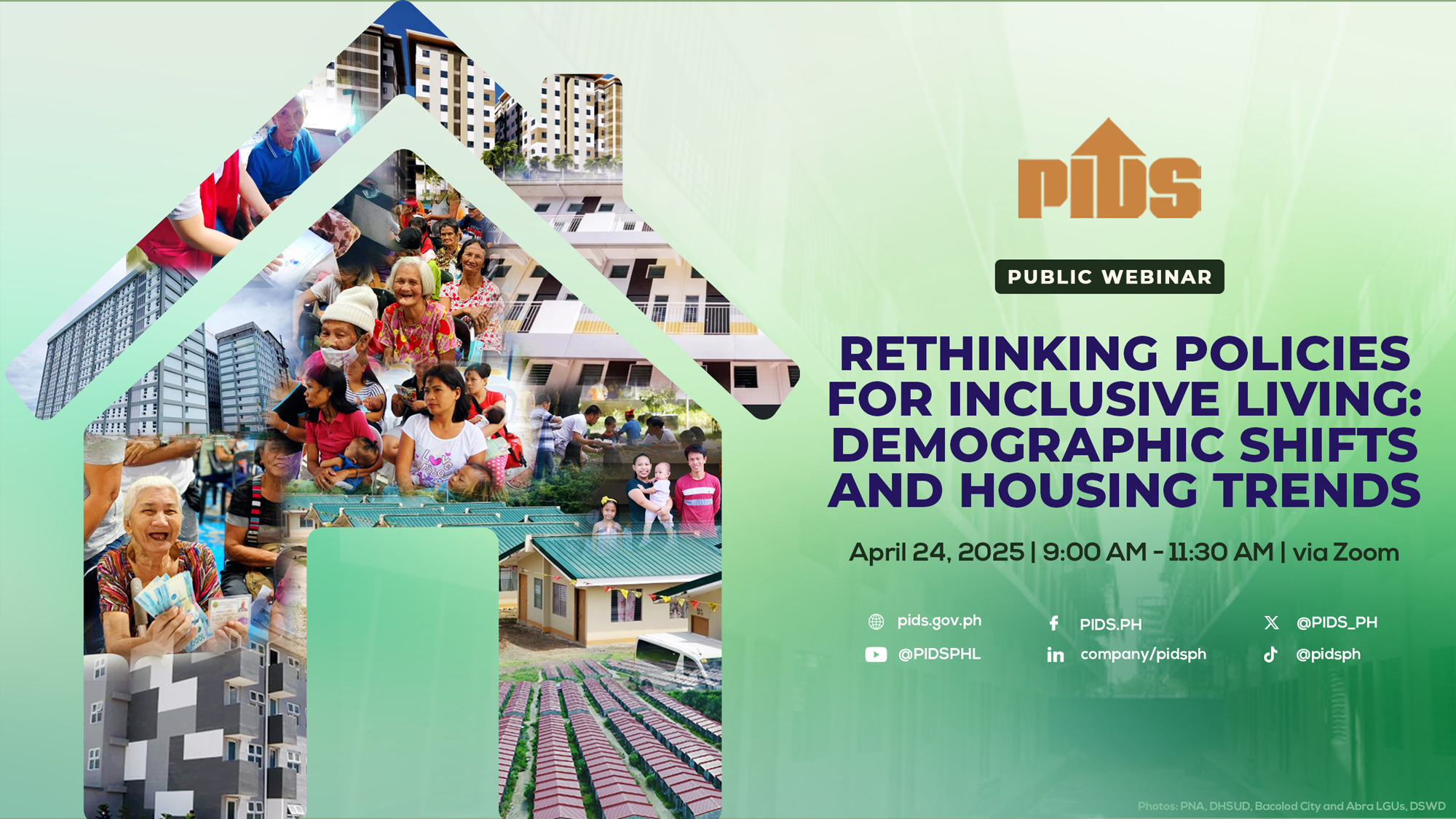The government needs to map out policies and framework to maximize the fruits of an emerging collaborative economy for the benefit of the Filipino people, according to a paper released by the Philippine Institute of Development Studies (PIDS).
One thing is for sure: collaborative economy is here to stay. As such, the Philippine government must analyze the policy environment on collaborative economy around the world to assess its social and economic impacts,” said Rejinel Valencia, information officer at PIDS Research Information Department.
Collaborative economy, a new business phenomenon in the Philippines, is a trend of consumption that allows peer-to-peer economic exchange, particularly among the young and the urban.
It currently covers a wide variety of sectors, including accommodation, transportation and finance, among others. Dozens of firms are also emerging and utilizing this new business model.
It is an economic model that allows people to lend and rent personal and usually underutilized assets, such as cars, motorcycles and apartments, for a specific period of time.
The latest PIDS Economic Issue of the Day urged the government to revisit its regulation mechanisms and explore how to integrate businesses arising from it into the broader economy and make them legitimate economic entities.
Citing a study, Valencia said the collaborative economy requires a “differentiated regulatory response” given these intricacies in regulation.
The author said the Philippine government should make sure that the industries emerging from the collaborative economy are brought into legitimized transactional world. (LDV/PNA)
One thing is for sure: collaborative economy is here to stay. As such, the Philippine government must analyze the policy environment on collaborative economy around the world to assess its social and economic impacts,” said Rejinel Valencia, information officer at PIDS Research Information Department.
Collaborative economy, a new business phenomenon in the Philippines, is a trend of consumption that allows peer-to-peer economic exchange, particularly among the young and the urban.
It currently covers a wide variety of sectors, including accommodation, transportation and finance, among others. Dozens of firms are also emerging and utilizing this new business model.
It is an economic model that allows people to lend and rent personal and usually underutilized assets, such as cars, motorcycles and apartments, for a specific period of time.
The latest PIDS Economic Issue of the Day urged the government to revisit its regulation mechanisms and explore how to integrate businesses arising from it into the broader economy and make them legitimate economic entities.
Citing a study, Valencia said the collaborative economy requires a “differentiated regulatory response” given these intricacies in regulation.
The author said the Philippine government should make sure that the industries emerging from the collaborative economy are brought into legitimized transactional world. (LDV/PNA)












